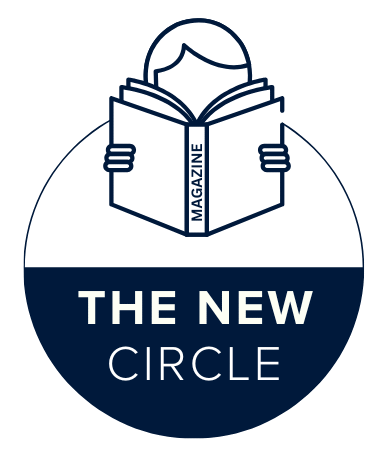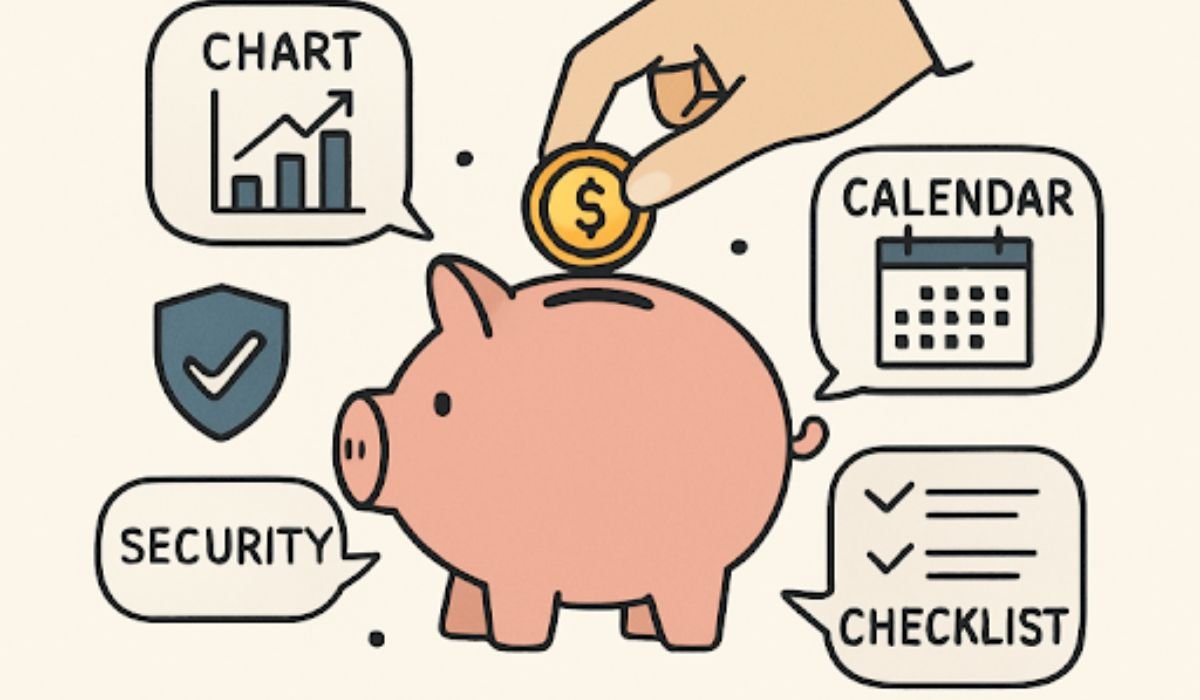Table of Contents
- Track Your Spending
- Build an Emergency Fund
- Automate Your Savings
- Reduce High-Interest Debt
- Invest in Your Future
- Avoid Lifestyle Inflation
- Seek Professional Advice
- Educate Yourself
Building long-term financial well-being is not about drastic overhauls or overnight miracles—it’s about making intelligent, manageable daily choices. As you work toward your financial goals, subtle, consistent adjustments can profoundly impact you. Whether you aim to save, invest, or avoid unnecessary stress, using practical strategies puts you on steady ground for the future. Navigating personal finance also means staying aware of flexible solutions like MaxLend loans, which can help cover unexpected expenses with responsible borrowing.
Every step you take toward better money habits matters. By focusing on what you can control, monitoring spending, and intentionally planning for tomorrow, you move closer to true financial peace of mind. Remember: improvement comes from progress, not perfection, and your daily actions add to lasting change.
Achieving stability also means ensuring you have resources for emergencies and investing in your future self. Creating a realistic plan, automating positive habits, and seeking trusted expertise are all crucial aspects of this process. It’s about making daily choices that support your broader life goals, wellbeing, and security.
This guide provides actionable tips for transforming financial stress into empowerment. By following the steps, you’ll gain valuable insight and control while building new routines for a more secure tomorrow.
Track Your Spending
Understanding where your money goes is the foundation of financial control. Begin by reviewing your monthly statements and grouping expenditures into housing, groceries, dining, and entertainment categories. Digital tools such as Mint or YNAB make this process less daunting and help visualize patterns you may not notice otherwise. You can identify where to cut back by tracking, enabling more intentional and confident spending.
Keeping regular tabs on expenses also guards against “leakage”—those small, frequent purchases that add up over weeks and months. Adjusting habits as you track and discover patterns puts you in the driver’s seat, allowing you to redirect funds towards savings, debt, or investments.
Build an Emergency Fund
Financial resilience depends on having a cushion for life’s surprises. Experts agree that an emergency fund should cover three to six months of living expenses. This might sound daunting, but starting small is both acceptable and effective. Begin by setting aside a manageable amount—perhaps just $20 per paycheck—and allow the sum to grow steadily. Even a modest emergency fund gives you options and can keep minor setbacks from becoming major crises.
A separate, high-yield savings account works best for emergency funds, ensuring money is accessible but not easily spent. The peace of mind from knowing you’re protected is invaluable, allowing you to weather job loss, car repairs, or medical bills without relying on high-interest debt.
READ ALSO: Wheon.com Finance Tips: Your Starter Kit & What to Do Next
Automate Your Savings
Saving money becomes much easier when you take willpower out of the equation. Setting up automatic transfers—weekly or monthly—ensures you always “pay yourself first,” no matter what temptations arise. Most banks and employers offer simple automation tools for savings and investment accounts. As these balances grow, you may be motivated to save even more. According to CNBC, automating savings is one of the most foolproof ways to build wealth painlessly over time.
Reduce High-Interest Debt
High-interest debt, especially credit card balances, can undermine even the best financial intentions. Prioritize paying off debts with the highest interest rates first—a technique known as the avalanche method—while making minimum payments on the rest. This approach minimizes total interest costs and helps you become debt-free sooner.
For some, consolidating debts into a single loan with a lower rate is a viable strategy. The key is to avoid accumulating new debt as you pay down balances, focusing instead on building positive habits and long-term financial strength. If you’re overwhelmed, nonprofit organizations like the National Foundation for Credit Counseling can provide guidance and structured repayment plans.
Invest in Your Future
Securing your future means making today’s money work for tomorrow. Contribute to retirement accounts such as a 401(k) or IRA to capture any available employer match. Even small contributions can add up dramatically, thanks to the power of compound growth. The sooner you start, the more you benefit from time and market appreciation—an essential principle highlighted by Investopedia.
Avoid Lifestyle Inflation
When your income rises, spending more on conveniences and luxuries is tempting. However, keeping your lifestyle stable while channeling extra earnings into savings or investments accelerates your journey to financial independence. This discipline quietly builds wealth in the background, making you less susceptible to economic shocks.
Seek Professional Advice
Even the most independent savers benefit from expert input. A financial advisor can help tailor a plan to your risk tolerance, family needs, and long-term objectives. They also assist with tax-efficient strategies and asset allocation—crucial for optimizing returns and preserving what you’ve built. Preferably, seek fee-only, fiduciary advisors for unbiased recommendations. The Forbes Advisor offers a helpful overview of key criteria for choosing the right advisor.
Educate Yourself
Improved financial literacy is a powerful tool for anyone, regardless of position. Reputable sites, expert blogs, and free tools can keep you informed and confident as you navigate economic changes and new opportunities. The Consumer Financial Protection Bureau is a trustworthy source for personal finance education and practical tips, ensuring you’re always prepared for what comes next.
By implementing these smart, intentional steps, you create a foundation for enduring financial well-being. Focus on daily choices, stay curious, and don’t be afraid to seek help when needed. Consistency, more than any single move, is the secret to a robust and resilient financial future.
YOU MAY ALSO LIKE: Navigating the Financial Chaos: Is FintechZoom.com Your Ultimate Compass?

